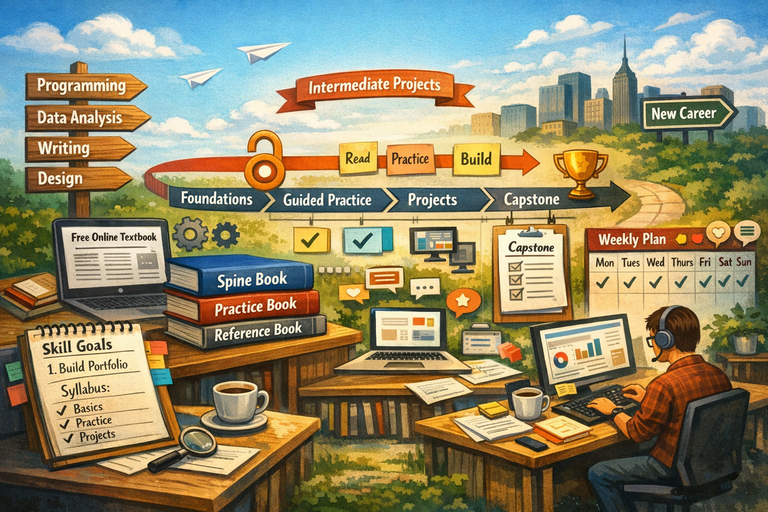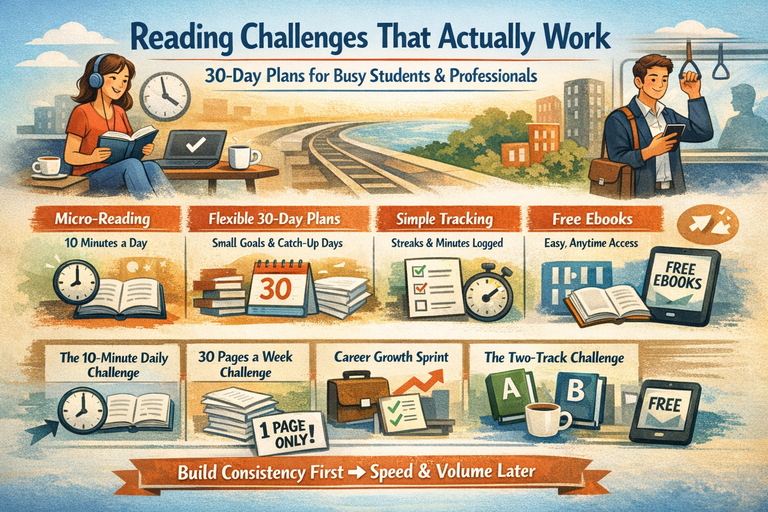How Business Literature Reflects Economic Theories
Business literature is not just a reflection of corporate life—it’s also a creative medium through which writers interpret, challenge, and humanize the complex world of economics. Whether through fictional characters navigating capitalist systems or detailed depictions of financial crises, modern novels have become an unexpected but powerful lens through which economic theories come alive.
While textbooks dissect supply and demand or the invisible hand in charts and graphs, business novels take these ideas into the boardroom, the startup garage, or the trading floor, weaving theory into storytelling. These novels—often considered part of the “junkybooks” genre for their accessible, fast-paced, and idea-rich narratives—bridge the gap between economics and everyday life.
This post explores how economic theories—from classical capitalism to behavioral economics—are mirrored, questioned, or dramatized in business-themed fiction.
Economics as a Storytelling Framework
At its core, economics is about choices—how individuals, businesses, and societies allocate scarce resources. That’s also the core tension in many business novels. Characters make decisions under uncertainty, navigate competition, respond to market forces, and deal with the consequences of their economic environments.
Take a novel like “The Market Within”, for instance. The protagonist, a young economist-turned-consultant, struggles to implement free-market policies in a post-crisis economy. The novel dramatizes debates between Keynesian intervention and laissez-faire ideologies—not through lectures, but through plot and character. These kinds of stories show that economic theory isn’t just abstract—it’s personal, messy, and deeply human.
Capitalism and Its Discontents
Arguably the most explored economic system in business literature is capitalism. Novels centered on entrepreneurship, investment banking, or tech startups often reflect capitalist ideals—competition, innovation, profit maximization. But they also explore the darker side: inequality, exploitation, and burnout.
In “Greed Street”, a satirical business novel that could easily find a home in any junkybooks collection, readers are introduced to a hedge fund manager whose quest for profit leads to moral collapse. The novel draws directly from Adam Smith’s notion of the “invisible hand,” but also critiques the modern distortion of capitalism that rewards manipulation over merit.
Through such narratives, novels become a form of social commentary. They show how capitalism functions not just in markets, but in relationships, ethics, and identity.
The Invisible Hand in Fiction
Adam Smith’s concept of the invisible hand—that individuals pursuing their self-interest inadvertently contribute to the greater good—is a favorite theme in business fiction. Often, protagonists set out to build a business for personal gain, only to find that their innovation benefits society.
In the novel “Founders and Fortunes”, the main character builds a fintech app to pay off student loans. While the original motivation is selfish, the product eventually helps thousands of underbanked users access affordable credit. The story echoes the invisible hand at work—self-interest aligned with public benefit.
But not all novels end on such optimistic notes. Some challenge the idea, showing what happens when self-interest spirals unchecked. The invisible hand, in these cases, becomes invisible greed, creating systems that reward the few at the expense of the many.
Supply and Demand, Dramatized
One of the simplest economic concepts—supply and demand—plays out beautifully in business novels. A character creates a product. The market responds. Scarcity drives price. Competition lowers it. These dynamics create the central tension in countless entrepreneurial plots.
In “The Scarcity Equation”, a novel set in the fashion world, a designer’s limited-edition sneakers spark a bidding war among influencers. The story shows how artificial scarcity can inflate value, touching on concepts from both classical and behavioral economics.
Readers of junkybooks enjoy these dramatizations because they make dry concepts tangible. You’re not just learning supply and demand—you’re watching it play out in the plot.
Game Theory and Strategic Thinking
Game theory—how individuals make decisions based on anticipated reactions of others—is another economic concept frequently explored in fiction. Business novels often feature negotiations, partnerships, or hostile takeovers where characters must think several moves ahead.
In “Merge or Die”, a corporate thriller, rival CEOs engage in a strategic cat-and-mouse game over a billion-dollar merger. The tension mimics game theory dilemmas like the prisoner’s dilemma or Nash equilibrium. Who will fold first? Will cooperation or competition win?
Such novels turn economic strategy into high-stakes drama, making game theory more than an academic concept—it becomes the engine of suspense.
Behavioral Economics in Character Development
Behavioral economics, which blends psychology with traditional economic models, is a goldmine for character development. Unlike classical theory, which assumes humans are rational, behavioral economics accepts that people are emotional, biased, and inconsistent. Sound familiar? That’s most characters in novels!
Books like “Impulse Buy” or “The Nudge Effect” incorporate concepts like loss aversion, anchoring, or decision fatigue into their plots. A protagonist might make a bad business deal out of overconfidence or ignore data due to confirmation bias. These are not just personality quirks—they are economic behaviors, fictionalized.
For readers of business junkybooks, this makes the content both entertaining and educational. It invites readers to reflect on their own decision-making, not just the character’s.
Recessions, Bubbles, and Financial Crises
Economic booms and busts are ripe settings for business fiction. Whether it's the dot-com crash, the 2008 meltdown, or a speculative bubble, these events add urgency and realism to the narrative.
In “The Bubble Boys”, a novel set in the crypto space, a group of college friends launches a coin that skyrockets in value—until the market collapses. The novel mirrors real-life financial bubbles and explores herd behavior, moral hazard, and the regulatory vacuum that fuels risky markets.
Economic theories about cycles, risk, and systemic failure become more relatable when they’re attached to characters with something to lose. Readers get to feel the crash, not just read about it in macroeconomic models.
Marxist and Socialist Critiques
Not all business literature celebrates capitalism. Some novels offer Marxist critiques of labor exploitation, alienation, and inequality. In “The Factory Floor”, for instance, the workers form a cooperative after their factory is shut down by a multinational corporation. The novel explores concepts like class struggle and collective ownership, providing a counterpoint to the usual startup narrative.
These stories reflect real-world tensions between labor and capital, and they give voice to alternative economic systems that are rarely championed in mainstream business education.
Novels as Case Studies
In many ways, business novels function like case studies with a plot. They present a scenario, follow characters through decision-making processes, and reveal outcomes—good or bad. But unlike traditional case studies, novels add emotional depth and moral complexity.
A novel like “Crisis Management” might depict a CEO grappling with whether to lay off employees or take a pay cut. The reader experiences the stress, the sleepless nights, the ethical wrestling—not just the financial outcomes. This is where business fiction truly shines: it turns economic decisions into human stories.
Junkybooks thrives on this format, curating novels that offer more than entertainment—they offer reflection, insight, and sometimes even mentorship.
Why It Matters
Understanding economics is crucial for anyone in business. But understanding people is just as important. Business literature sits at the intersection of these two realms. It shows how theories play out in the real world, with all its unpredictability, emotion, and nuance.
Whether you’re a student of economics, an entrepreneur, or just someone fascinated by the world of business, reading novels in this space can deepen your understanding. They won’t replace a degree in economics, but they will enrich it—adding texture, emotion, and humanity to the numbers.
Conclusion: The Novel as Economic Mirror
Business novels are more than stories about money—they’re reflections of the systems that govern our lives. They explore the motivations behind market movements, the ethics behind business strategies, and the psychology behind financial decisions. In doing so, they breathe life into economic theories, turning charts and models into flesh-and-blood experiences.
As the popularity of junkybooks continues to grow, so does the appreciation for literature that blends business insight with compelling storytelling. These novels not only entertain—they educate, provoke thought, and sometimes even inspire change.
So the next time you want to understand an economic theory, don’t just reach for a textbook. Pick up a business novel. You might just see the economy from a whole new perspective.







